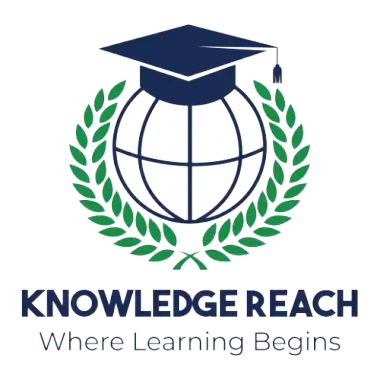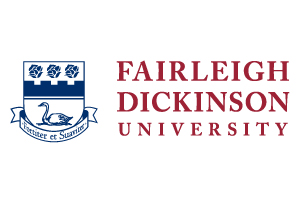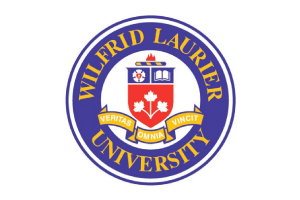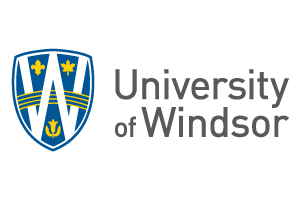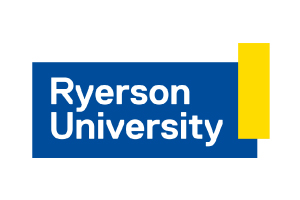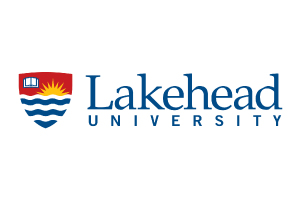Why study in Canada?
From natural peaks to skyscrapers, Canada has it all! Montreal and Toronto are two large cities that offer just about everything students could possibly ask for.
Toronto, an ethnically diverse city is also a major centre of higher learning and research with many well-known institutions such as the University of Toronto.
The City of Saints, Montreal, is one that defies all expectation with its lush mix of North American and European swagger and cutting-edge culture. The United Nations consistently ranks Canada as one of the best places in the world to live, given its low crime rate.
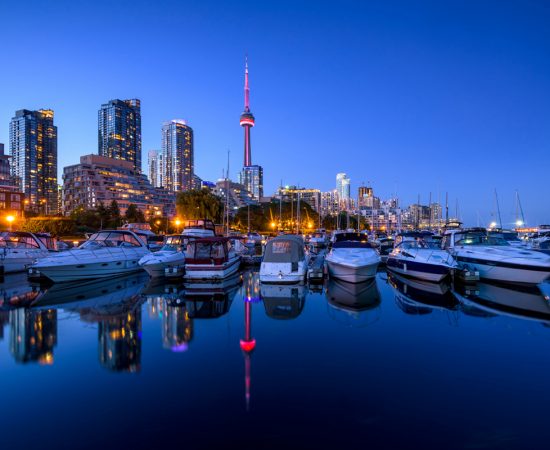
There are also walksafe programmes, where volunteers assist people in getting to public transportation or their homes during late hours at night.
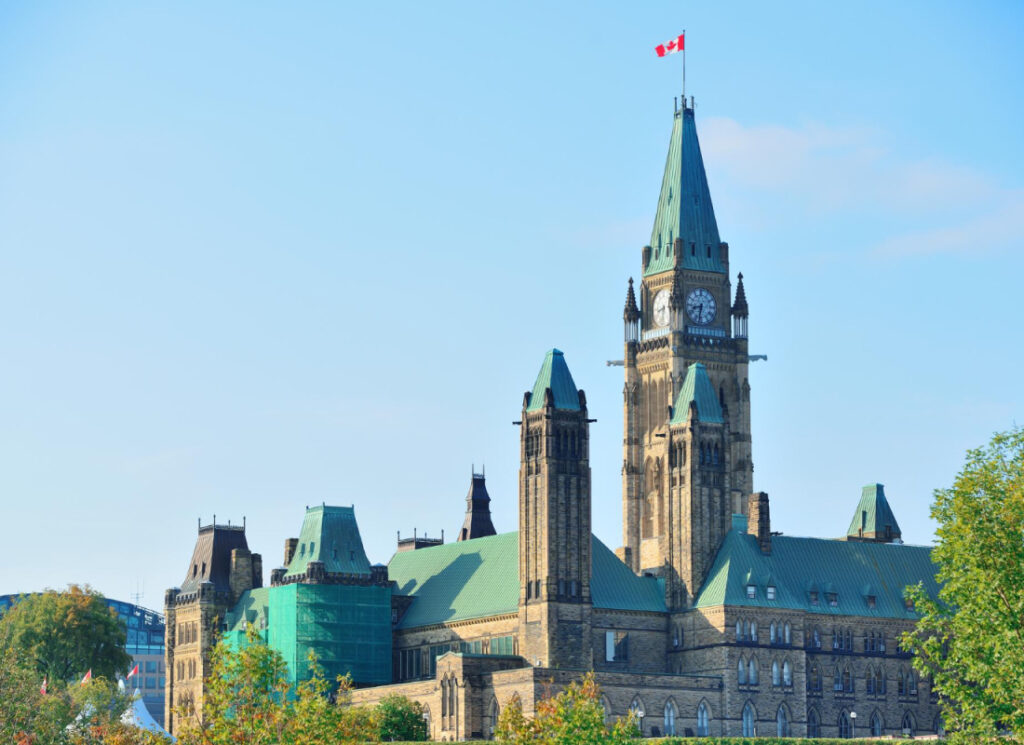
Lifestyle Tips
Canadians are known to be open-minded and proud of their multicultural and diverse population. Like any other country, Canadians have certain expectations of behavior. Here are a few tips:
- Be on time for both professional and social occasions
- Be respectful in conversation and behavior
- Canadians believe in equality between genders, so show respect to the opposite sex
- Don’t crack jokes or make comments that are insulting to people’s race, religion, gender, disability, sexual orientation or appearance
How Knowledge Reach helps you?
If you are looking to go abroad to study and don’t know what procedures you should follow to achieve your ambition, here are some ways. Our representative help you at every step of this journey from counseling you on your choice of courses to applications, visas to helping you get a job after graduation.
You can, in fact, avail free career counselling. Counsellors can help you zero in on the countries you could apply to depending on your educational requirements and career aspirations.
Intakes
The session starts mainly in September and January but some institutions have intakes in May, July, and October as well. The Major intake season for the top courses in Canada is September, while the minor intake season is January, which is meant for a fairly small number of courses.
You should start your admission process around 06 months before the application deadline. Typically most universities have three deadlines, from October to January. It is up to the convenience of the students, which deadline to aim for. You should be done with your language and aptitude tests by three months before the deadline. The last three months should be dedicated to filling out the application form properly.
It is essential to ensure that the complete application process along with appearing for interviews and visa application procedure should be complete by June or July for the September intake.
The main intake season for top colleges and courses is the fall season i.e. September. It depends on what course you are looking to pursue because many courses don’t have the January intakes.
If you are looking to get admission into vocational courses, then some courses may have admissions open in January and perhaps even May or July.
Academic Calendar
These vary between study programs and levels. For each course, Indian students will need to meet a minimum English language requirement. Along with that a minimum academic record of 65% and above for humanities stream in class XII, and 70 – 80% and above for Science/Commerce stream in class XII will also be required. Foundations and Diploma programs are available for students who have secured below 60%. The student should have completed 18 years of age before joining a degree program.
It is important to note that these numbers are just for reference purpose, the actual numbers may differ from university to university.
Admission Process
Most Canadian colleges accept online applications. You will have to visit each college’s website to apply. In most cases, you will have to make an account on the college website to provide your basic information, submit the scanned version of your documents, and pay application fees. You will be informed about the application process and stages through this account.
- Attested copies of mark sheets of Standard X, XII, and the Bachelor’s degree (if applicable)
- At least, two academic reference letters from professors who have taught you most recently
- If you have work experience then two letters of recommendation from the employer/manager who knows you well and can comment on your professional abilities
- Statement of Purpose (SOP)
- Resume
- Photocopied score reports of GMAT / IELTS / TOEFL
- Portfolio (in case of Students applying for art and design courses & architecture programs)
- Others (certificates/achievements at the state and national level and extracurricular activities)
- Proof of funds
- Medical Tests
Cost of Education
The cost of living depends heavily on what part of Canada will you be living in along with how much you will socialize. Some of the basic elements for living as an international student in Canada are:
- Accommodation rent ( on campus or off campus )
- Groceries and food
- Utilities like electricity, water, gas, internet
- Phone bills
- Text and reference books
- Airfare for traveling back to India
- Other elements which may differ from person to person would be:
- Dining out
- Travel and Vacation
- Car rent and Car insurance
- Cable TV connection
Visa Guidance
You should apply for the student visa after you get the college acceptance letter. You should begin with the visa process around June if aiming at the September intake. Following are the documents needed to apply.
- Proof of acceptance: If you plan to attend any school (primary or secondary), college, university or other educational institution in Canada, the school must complete and send you a letter of acceptance. You must include the original letter with your study permit application.
- Proof of financial support: You must prove that you can support yourself and the family members who accompany you while you are in Canada.
- Note: Additional documentation may be required.
- During the personal interview, additional documents may be requested by the interviewer. These may be documents to prove evidence of academic or financial status. These may include :
- Transcripts, diplomas, degrees, or certificates from schools you attended
- Scores from tests, such as the TOEFL, SAT, GRE, or GMAT
- Your intent to depart from Canada upon completion of the course of study
- How you will pay all educational, living and travel costs
- There are several steps to apply for a visa.
Check the processing times: The visa application cycle might take anywhere from 3-4 weeks. It is advisable to go through the Canadian consulate website to know the approximate time
taken to process the student visa. Please note that the time shown is not a guarantee and is just an estimate.
Determine how you will apply. There are two ways to apply:
1. Apply online
To apply online you must have access to a scanner or camera to create electronic copies of your documents for uploading and have a valid credit card for payment. You will still be required to provide a finger scan at the regional Visa Application Centre (VAC).
2. Apply in person
Download the application kit and read the instruction guide. The instruction guide contains important information about study permits and instructions to help you complete your application. Read the guide carefully and use the document checklist.
Pay the processing fee: Refer to the fee schedule for the cost to apply for a study permit and how to pay. The processing fee is non-refundable in all cases. For biometrics, there will be more than 130 VACs in over 90 countries and all VACs will be equipped to collect biometric information (fingerprints and photograph). Indian students need to contact the local VFS office to apply for the visa.
If your spouse/common-law partner and/or children are accompanying you and you are applying for temporary resident visas, work permits or study permits for them, then you will need to pay the appropriate processing fees for them.
Submit your application and supporting documents – Since you need to give your biometrics, you can’t mail in your application. You’ll either have to apply online or submit your application in person at a VFS office. In either case, you will need to go to a VAC to give your biometrics.
Medical Exam
The visa application process to Canada requires a compulsory medical test for Indian applicants. Your own doctor cannot perform the medical exam. You must see a doctor on the list of panel physicians, which is provided on the official Canada immigration website http://www.cic.gc.ca/. Once your exam has been completed, the physician will send the results to CIC. You can choose to get the test done either before or after submitting the visa application.
